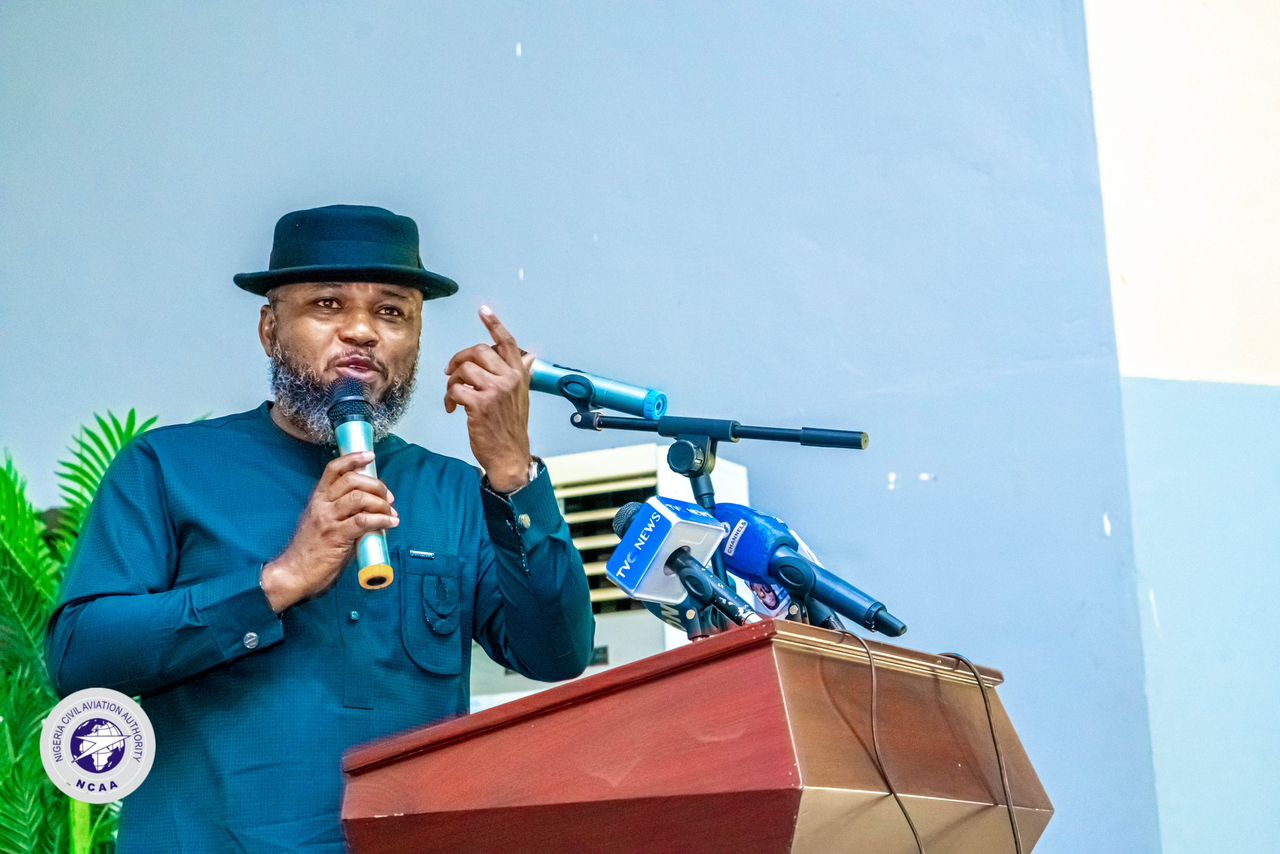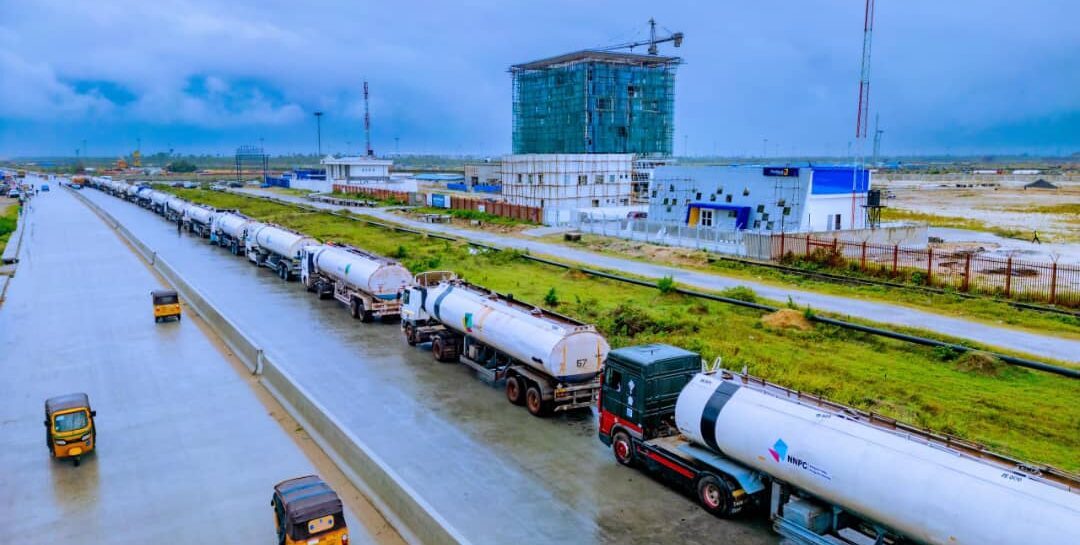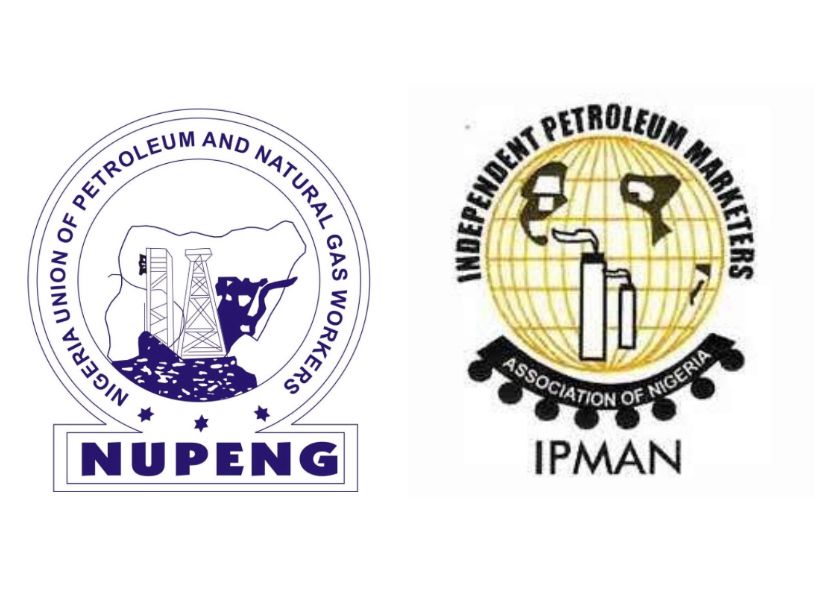*FG shops for N3tn to fill funding gap
*NNPC to focus on core business functions
Emmanuel Addeh in Abuja
The Nigerian National Petroleum Company Limited (NNPC) has officially stopped funding the Road Infrastructure Tax Credit Scheme (RITCS), a flagship policy introduced during the administration of the late former President Muhammadu Buhari, after committing $577.6 million and N822.3 billion to the programme over 16 months, according to a report from the Federation Account Allocation Committee (FAAC).
With the exit of the NNPC Limited from the scheme, which will allow the national oil company to focus on its core business functions, the federal government will require N3 trillion to complete road projects awarded under the company’s tax credit scheme.
RITCS was launched in 2019 under Buhari’s administration through Executive Order 007.
The programme allowed private sector participants to finance the construction and rehabilitation of critical road infrastructure in exchange for tax credits equivalent to their investment.
The withdrawal of NNPC from the scheme is coming amid sweeping reforms in Nigeria’s oil and gas sector, following the enactment of the Petroleum Industry Act (PIA), and the company’s transformation into a fully commercial entity.
The exit, it was learnt, aligned with NNPC’s new operational focus on profitability and efficiency, reducing the extent of quasi-fiscal obligations that previously characterised its operations under government directives.
Report from FAAC’s Post-Mortem Sub-Committee for July, covering February 2024 to May 2025, which was sighted by THISDAY, showed that NNPC’s contributions to the scheme were channelled through the Federal Inland Revenue Service (FIRS) under the Joint Venture (JV) Gas Companies’ Companies Income Tax (CIT) obligations.
These payments were deducted monthly from the company’s tax liabilities of the National Oil Company (NOC) and allocated to road construction and rehabilitation projects approved under the scheme.
According to the FAAC records, NNPC’s last monthly dollar payment for the RITCS was made in December 2024, when it remitted its last $52.5 million monthly contribution to the programme.
The report showed that no further dollar deductions were recorded from January to May 2025.
By the close of December 2024, cumulative dollar payments had reached $577,604,432.08.
However, the detailed breakdown showed that from February this year, the deductions reverted to the local currency, the naira.
According to the document, naira-denominated deductions for specific projects were thereafter recorded, with N151.27 billion deducted in January 2025 and a significantly larger N671.04 billion in April 2025, to hit a total of N822.3 billion.
The FAAC Post-Mortem Sub-Committee noted that the sums captured in its June 2025 analysis did not include payments by NNPC or other agencies before 2024, implying that the company’s total historical contribution to the RITCS could be substantially higher when earlier years are computed.
Although the RITCS launched in 2019, had received several criticisms, a struggling NNPC forged on with the programme and was one of the largest participants, committing to fund major highways across the country and committing substantial corporate resources to the programme.
In Phase I, launched late in 2021, NNPC pledged N621.24 billion toward the reconstruction of 21 strategic roads spanning approximately 1,804.6 km across all six geopolitical zones, including the Ilorin–Jebba–Mokwa/Bokani Junction Road (Sections I & II) in Kwara and Niger States.
Also included were the Suleja–Minna Road, including a second phase extension; reconstruction of Bida–Lambata road; and emergency repairs along Mokwa–Makera–Tegina toward the Kaduna state border.
Besides, a key priority was the Lagos–Badagry Expressway, which underwent rehabilitation and partial expansion to enhance trade connectivity in the South-west.
In Phase II, approved in January 2023, NNPC expanded its road infrastructure footprint, securing approval to invest N1.9 trillion in the reconstruction of 44 federal roads, covering 4,554 km nationwide.
However, despite these huge investments, Nigerians have continued to complain about the deplorable state of some major road arteries.
Among the most notable projects in this second phase were the East-West Road, spanning Warri, Port Harcourt, Ahoada, and Eket; the Port Harcourt–Onne Junction upgrade, the Eket bypass, and the construction of the Nembe–Brass Road in Bayelsa State.
Also, the North-east region was supposed to receive major rehabilitation work, including the Yola–Mubi–Maiduguri corridor, Numan–Jalingo, Bali–Serti–Gashaka–Gembu route in Taraba, and stretches in Bauchi.
In the North-central, some projects included parts of the Minna–Zungeru–Tegina–Kontagora axis, and sections of the Lokoja–Benin Road, spanning Obajana to Benin City.
However, the programme has also faced criticisms. Nigerians raised concerns about transparency in project selection, the actual cost of projects compared to market rates, and the fiscal impact on government revenues, particularly at a time when Nigeria is grappling with high debt servicing costs and foreign exchange pressures.
In the same vein, the FAAC’s latest update showed that while the Ad-hoc Committee set up to review RITCS deductions had written to both the FIRS and the Federal Ministry of Works for details on agencies benefitting from the scheme, the Ministry of Works had yet to respond as of the sub-committee’s last meeting.
The Federal Ministry of Finance submitted its report on July 16, 2025, for review, the records showed.
By exiting the scheme, the NNPC has reduced its non-core expenditure commitments, freeing up resources for upstream investments, energy transition projects, and other strategic ventures.
Given that the scheme was designed to run for several years with staggered tax credit redemptions, the sudden exit of a major contributor like the NNPC, THISDAY learnt, has necessitated some adjustments.
But the Minister of Works, David Umahi, hinted in the week that President Bola Tinubu had directed the ministry to explore alternative funding models, adding that a list of affected road projects is being compiled and will be evaluated under a Public-Private model.
“The federal government requires N3 trillion to complete road projects awarded under the NNPC tax credit scheme,” Umahi hinted during a briefing where he sought to dismiss reports of cracks on the controversial Lagos-Calabar coastal highway.
The post NNPC Exits Buhari-era Road Tax Credit Scheme after Paying $577m, N822bn in 16 Months appeared first on THISDAYLIVE.




